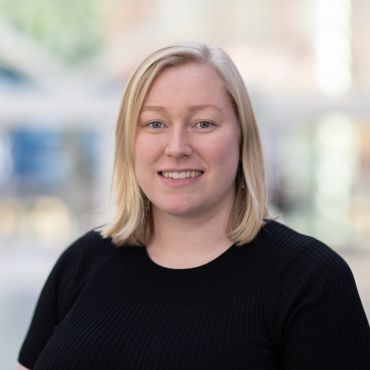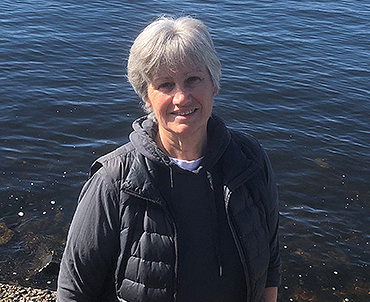Bridging science-policy for sustainable development, blue carbon soil stocks and reducing community conflict in aquaculture, were the focus of the winning student presentations at the Australian Marine Science Association annual conference.
Held in Cairns in early August and supported by funding from FRDC on behalf of the Australian Government, the prizes are awarded to students of any discipline who present at the conference within one year of completing their course. The subject matter must be consistent with FRDC's Research and Development Plan 2020-2025, in the areas of environment and industry.
One of the winners was Jordan Gacutan. His work at the Global Ocean Accounts Partnership at the University of New South Wales, integrated data on marine ecosystems, fisheries, and labour statistics to inform decision making, with a case study from Lake Illawarra, Australia.

“Organised information is key to good and justifiable decision making” says Jordan. “Part of my work involves the development of an accounting framework for the ocean, to ensure we balance social, environmental and economic values in our decisions”.
Jordan won the award for his oral presentation, as did Sophie Russell of the University of Adelaide. Sophie’s research assessed drivers of variability in blue carbon soil stocks.

“Blue carbon refers to the carbon captured and stored in coastal vegetated ecosystems” explains Sophie, “Our study from the Eyre Peninsula sheds new light on the influence of vegetation community and elevation on carbon stocks in South Australia. It highlights that there are multiple environmental drivers influencing blue carbon soil stocks at each site, at varying spatial scales”.
The poster prize went to Corrine Condie, of the University of Tasmania.

Corrine has developed a social network model to better understand aquaculture conflict.
“This model gives managers the ability to pre-test various communication strategies aimed at reducing conflict and to select those strategies that have maximum impact,” she said.
FRDC Senior Research Portfolio Manager Joshua Fielding, presented the prizes to the three winners.





